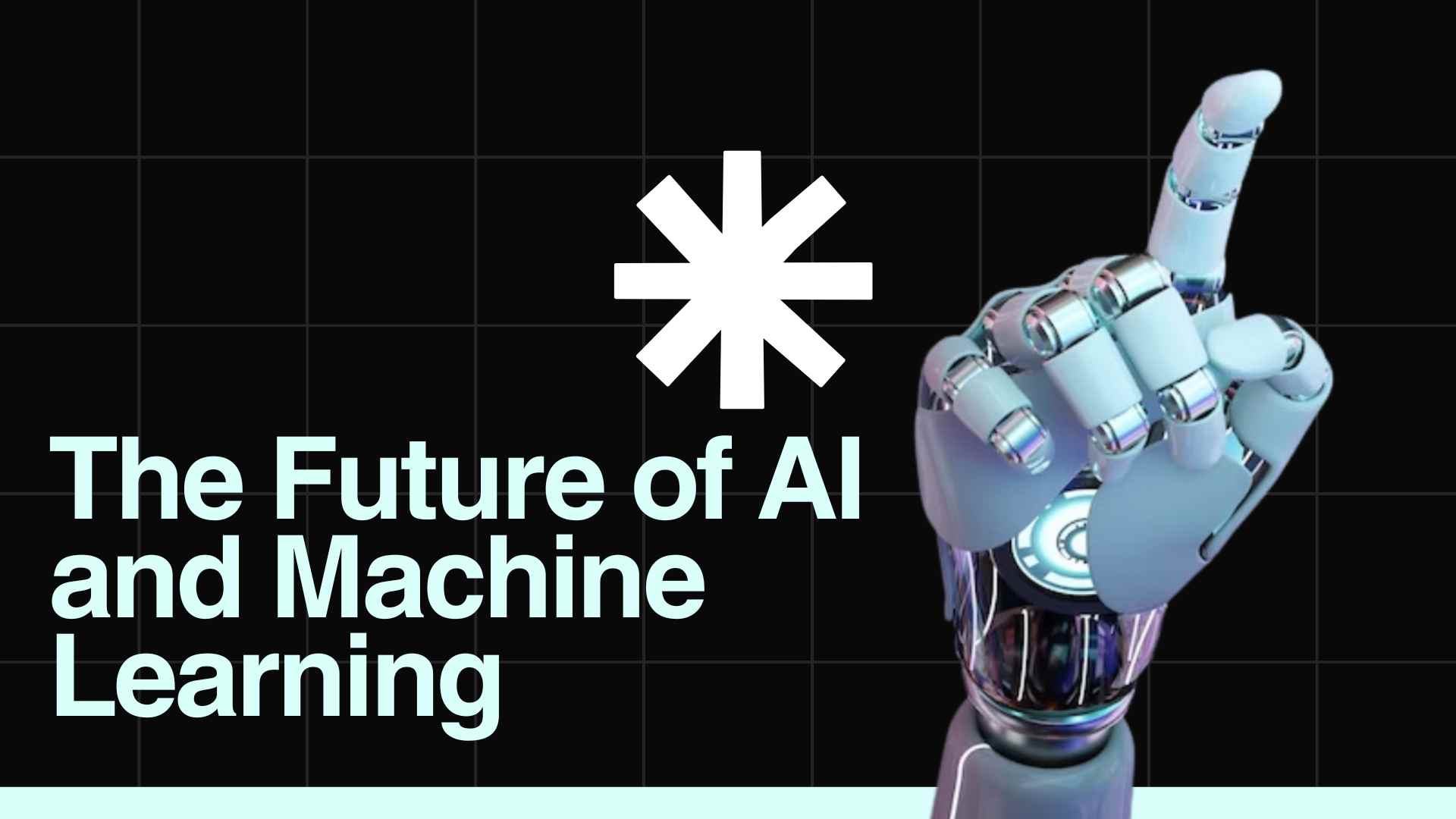Artificial Intelligence (AI) and Machine Learning (ML) are rapidly transforming the world, reshaping industries, and changing the way humans interact with technology. From self-driving cars to smart assistants and automated financial systems, AI and ML are becoming integral to daily life. But what does the future hold for these groundbreaking technologies? This article explores the potential advancements, opportunities, and challenges associated with AI and ML in the coming years.
The Evolution of AI and Machine Learning
AI has been around for decades, but its recent advancements have been driven by the availability of big data, increased computational power, and improved algorithms. Machine learning, a subset of AI, enables systems to learn from data and improve their performance without being explicitly programmed.
Some key milestones in AI development include:
- 1950s-1970s – Early AI research focused on rule-based systems.
- 1980s-1990s – Introduction of neural networks and expert systems.
- 2000s-2010s – Rise of deep learning, reinforcement learning, and large-scale AI applications.
- 2020s and Beyond – Integration of AI with quantum computing, robotics, and personalized AI systems.
Future Applications of AI and Machine Learning
The future of AI and ML will witness exponential growth in various domains. Some of the most promising applications include:
1. Healthcare Revolution
AI is set to revolutionize healthcare through early disease detection, robotic surgeries, personalized medicine, and drug discovery. AI-powered diagnostic tools can analyze medical images, detect anomalies, and suggest treatments with high accuracy.
2. Autonomous Vehicles
Self-driving cars powered by AI are becoming a reality. Companies like Tesla, Waymo, and others are working on making autonomous transportation safer and more efficient. AI will help reduce accidents, optimize traffic flow, and improve fuel efficiency.
3. Smart Assistants and Automation
Virtual assistants like Siri, Alexa, and Google Assistant will become even smarter, understanding human emotions and providing personalized recommendations. AI-powered automation will enhance productivity across industries, reducing human effort in repetitive tasks.
4. AI in Finance
AI-driven algorithms will improve fraud detection, risk management, and automated trading strategies. Machine learning models will help predict market trends, allowing investors to make informed decisions.
5. Education and Personalized Learning
AI-powered educational platforms will offer personalized learning experiences, adapting to students’ needs and preferences. AI tutors will assist students in real-time, making education more accessible and effective.
6. Cybersecurity and Threat Detection
As cyber threats become more sophisticated, AI will play a crucial role in identifying and neutralizing security risks. Machine learning models can detect patterns in cyberattacks and enhance digital security.
The Ethical Challenges of AI
With great power comes great responsibility. The rapid development of AI and ML also raises ethical concerns:
- Bias in AI Systems: AI models can inherit biases from training data, leading to unfair decisions.
- Job Displacement: Automation may replace certain jobs, requiring a shift in workforce skills.
- Privacy Concerns: AI-driven surveillance and data collection pose risks to user privacy.
- AI Control: Ensuring AI remains under human control is critical to preventing unintended consequences.
The Future of AI: Opportunities and Challenges
As AI continues to evolve, it will unlock immense possibilities while posing new challenges:
Opportunities:
- AI-powered scientific research could lead to breakthroughs in medicine and space exploration.
- Smart cities will leverage AI to optimize energy consumption and urban planning.
- AI in agriculture will improve crop yields and food security.
Challenges:
- Ethical AI governance and regulations need to be developed.
- Ensuring AI security against adversarial attacks.
- Building AI systems that align with human values and ethics.
Conclusion
The future of AI and machine learning is incredibly promising. As these technologies continue to advance, they will reshape industries, improve human lives, and bring forth new innovations. However, it is crucial to address ethical and security challenges to ensure that AI remains beneficial for society. With responsible AI development, the future holds endless possibilities for growth and transformation.
